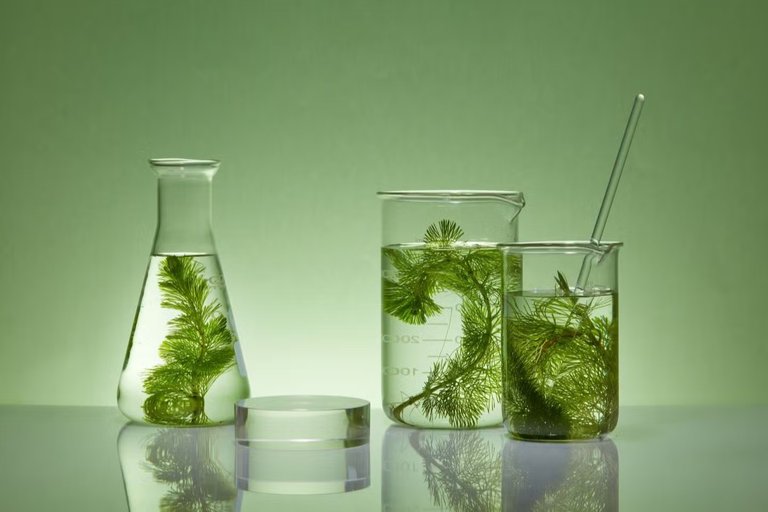Science & Environment
Quebec Researchers Develop Biodegradable Packaging from Seaweed
A McGill University team has unveiled a new form of food packaging made entirely from Atlantic seaweed, aiming to replace single-use plastics.
Published on 2025-07-21T15:15:28
By Jonathan Tse

A team of researchers at McGill University in Montreal has unveiled a breakthrough in sustainable packaging: a new biodegradable material made entirely from Atlantic seaweed. The innovation could offer a promising alternative to single-use plastics used in food wrapping and retail packaging.
The project, led by chemical engineering professor Dr. Farah Noor, has been in development for over two years. The team experimented with several marine algae species before landing on one that provides both elasticity and durability under cold storage conditions.
The seaweed-based film is not only compostable but also water-resistant and shelf-stable for up to six months. It breaks down naturally in soil or marine environments within 21 to 30 days, leaving no microplastic residue.
“What we’ve created mimics the flexibility of plastic wrap without its ecological cost,” said Dr. Noor during a recent press briefing. “Our hope is to see this replace packaging in supermarkets and cafeterias across Canada.”
The university’s prototype was developed in partnership with NovaGrow, a biotech start-up focused on ocean-based solutions. NovaGrow will oversee the product’s commercialization and regulatory approval over the next 18 months.
Initial testing suggests that the seaweed wrap can extend the shelf life of certain produce items, including leafy greens and berries, due to its breathable but protective composition. This could have additional benefits in reducing food waste.
The research has drawn attention from national grocery chains, some of which have expressed interest in pilot programs. Loblaws confirmed it has held early talks with NovaGrow about small-scale testing in its Quebec locations.
Beyond commercial interest, the innovation aligns with Canada’s larger sustainability goals. The federal government plans to ban several single-use plastic items this year, and seaweed packaging could help industries meet new compliance standards.
Dr. Noor emphasized that affordability remains a priority. “We’re not just focused on innovation—we’re focused on access. We want this to be scalable, especially for smaller businesses trying to go green.”
The project recently secured $1.3 million in federal research funding and will be featured at the Canadian Environmental Innovation Forum this fall. With further development, this seaweed wrap could soon find its way into fridges and pantries nationwide.